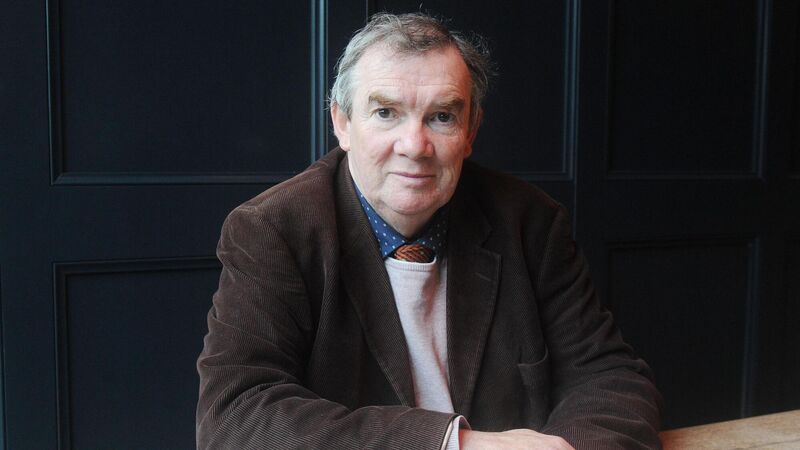Thomas McCarthy: 'Writing is a vocation — it’s not something you can plan'

Thomas McCarthy has just published Questioning Ireland. Picture: Denis Minihane
Cork-based poet and critic Thomas McCarthy reckons he’s probably a kindly reviewer. "I don’t think that’s a limitation because I make up for the kindliness with precise information of what I’m reviewing,” says the Waterford-born scribe who has just published Questioning Ireland, a collection of his literary criticism over fifty years.
McCarthy has noted incredible changes in the literary world in this country in the last four decades. “The most fundamental and thrilling change has been the development of women’s writing. It’s a huge late flowering,” he says.




